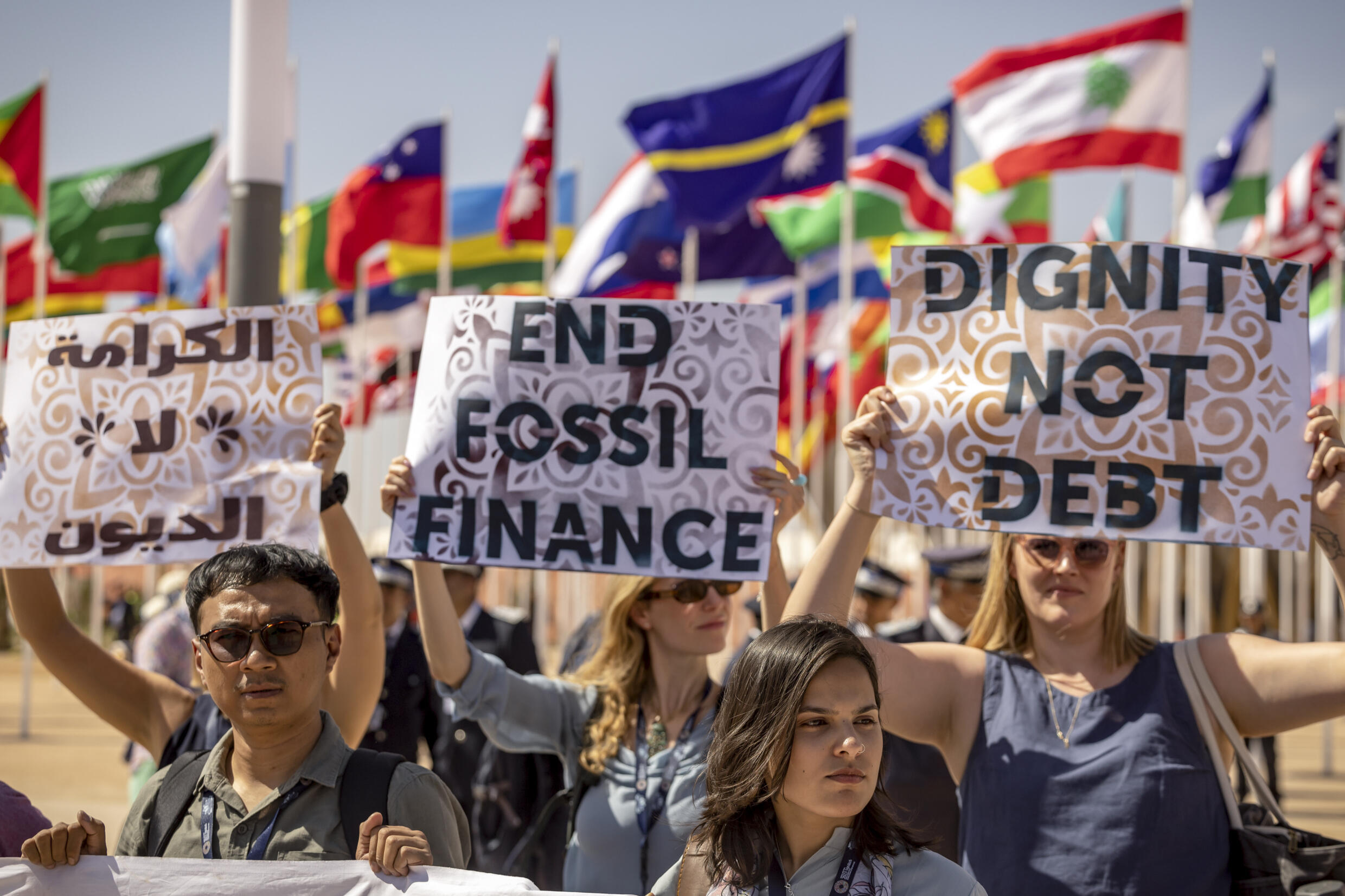US News
Global Economic Outlook: Navigating Uncertainties and Opportunities

In a world marked by geopolitical tensions, technological disruptions, and the ongoing aftermath of the COVID-19 pandemic, global economies are facing a complex landscape of challenges and opportunities. As policymakers, businesses, and individuals strive to navigate these uncertainties, understanding the evolving economic dynamics becomes paramount. This article provides an in-depth analysis of the current global economic outlook, examining key trends, risks, and potential pathways to sustainable growth.
Global Economic Trends
The global economy continues its path to recovery from the pandemic-induced downturn, albeit at varying speeds across regions. Advanced economies, buoyed by robust vaccination campaigns and fiscal stimulus measures, are witnessing a rebound in consumer spending and business activity. In contrast, emerging markets grapple with uneven vaccine distribution, supply chain disruptions, and mounting debt burdens, constraining their recovery prospects.
Amidst these divergent trajectories, inflation has emerged as a pressing concern. Supply chain bottlenecks, surging commodity prices, and pent-up demand are driving inflationary pressures across the globe. Central banks face the delicate task of balancing price stability with supporting growth, with diverging policy approaches observed among major economies.
Geopolitical Uncertainties
Geopolitical tensions pose significant risks to the global economic outlook. Sino-American relations remain fraught with trade disputes, technology competition, and strategic rivalry. The recent escalation of tensions over Taiwan and human rights issues underscores the geopolitical fault lines that threaten to disrupt global supply chains and investment flows.
In Europe, the aftermath of Brexit continues to reverberate, with trade frictions and regulatory divergences clouding the economic landscape. The specter of Russia’s assertive foreign policy looms large, as seen in its military buildup near Ukraine’s borders, raising concerns about energy security and regional stability.
Environmental and Social Imperatives
The imperative for sustainable development has never been more urgent. The devastating impacts of climate change, highlighted by extreme weather events and ecological degradation, underscore the need for concerted action. Governments, businesses, and investors are increasingly prioritizing environmental, social, and governance (ESG) considerations, integrating sustainability into their decision-making frameworks.
The transition to a low-carbon economy presents both challenges and opportunities. While decarbonization efforts entail upfront costs and structural adjustments, they also unleash innovation, create new markets, and enhance resilience to climate-related risks. The burgeoning green finance sector, encompassing renewable energy investments, carbon trading, and sustainable infrastructure projects, offers avenues for economic growth while addressing climate imperatives.
Technological Transformations
The rapid pace of technological innovation is reshaping industries and labor markets worldwide. Artificial intelligence, automation, and digitalization are revolutionizing production processes, supply chains, and service delivery models. While these advancements enhance productivity and competitiveness, they also raise concerns about job displacement, income inequality, and digital divides.
The rise of the digital economy presents opportunities for inclusive growth and innovation-led development. E-commerce platforms, fintech solutions, and digital payment systems empower businesses and consumers, particularly in underserved communities. However, bridging the digital divide and ensuring digital literacy are essential for harnessing the full potential of technology to foster inclusive prosperity.
Policy Responses and Pathways Forward
Addressing the multifaceted challenges facing the global economy requires coordinated policy responses at national, regional, and international levels. Fiscal policy should prioritize targeted investments in healthcare, education, and infrastructure to support recovery and build resilience. Monetary policy should remain accommodative while vigilantly monitoring inflation dynamics and financial stability risks.
International cooperation is indispensable in addressing shared challenges such as climate change, pandemics, and trade imbalances. Multilateral institutions, including the International Monetary Fund (IMF), World Bank, and World Trade Organization (WTO), play a crucial role in fostering dialogue, coordination, and capacity-building among nations.
Furthermore, fostering an enabling environment for innovation and entrepreneurship is vital for driving sustainable growth and job creation. Investments in research and development, skills training, and digital infrastructure can unleash the transformative potential of technology while mitigating its disruptive impacts.
Conclusion
The global economic outlook is characterized by a complex interplay of trends, risks, and opportunities. Navigating this dynamic landscape requires agility, resilience, and foresight from policymakers, businesses, and individuals alike. By embracing sustainability, fostering innovation, and strengthening international cooperation, the world can build a more inclusive, resilient, and prosperous future for all.
-

 US News2 months ago
US News2 months agoThe Evolution and Impact of SimCity Forums on the Gaming Community
-

 Fashion2 months ago
Fashion2 months agoCelebrity Style Spotlight: Iconic Slip Dress Moments of 2024
-

 Fashion4 months ago
Fashion4 months agoMercedes Blanche: A Guide to Her Impact on the Boys
-

 Business5 months ago
Business5 months agoUnderstanding Cloudiness in Urine: Causes, Symptoms, and Treatment
















